- `
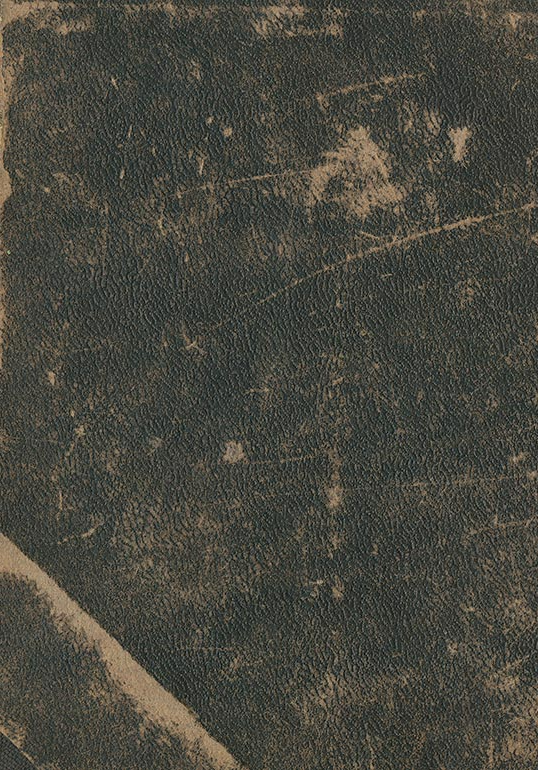
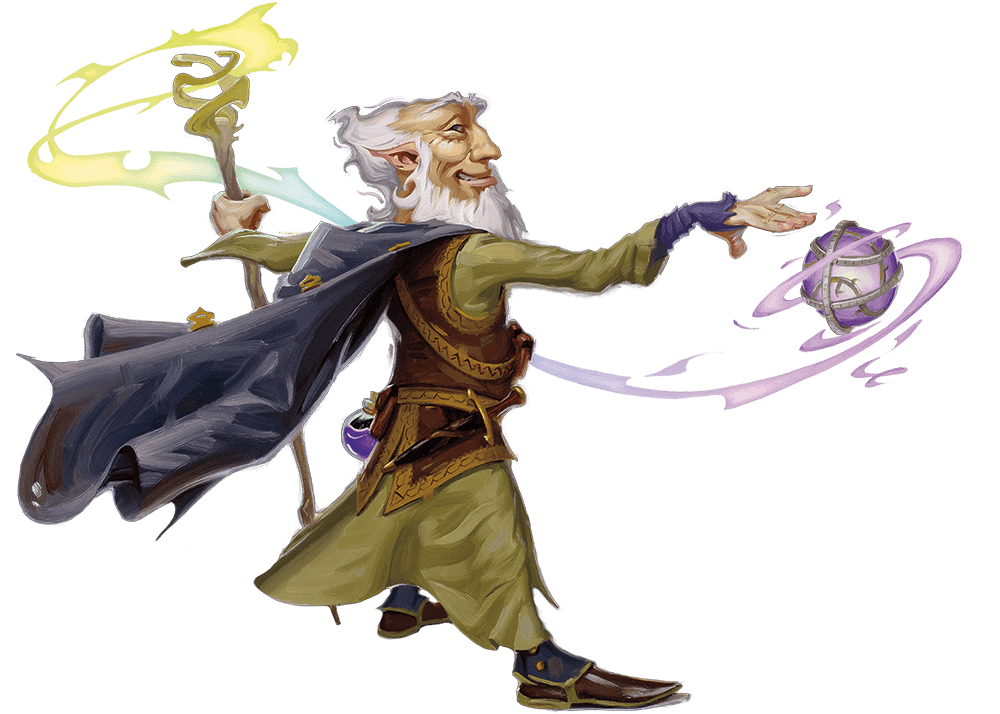
Colville West Marches
Foreword
I am the Alpha and the Omega, the First and the Last, the Beginning and the End. - Revelation 22:13 NKJV
Hello, I would like to just take this opportunity to thank all of our DMs new and old for being the backbone and bedrock. Without you there is nothing, no victory, no defeat, no happiness and no despair. You are what makes us great and this community what it is. Thank you, you're the best!
- Ninja Bob and the Organizer Team
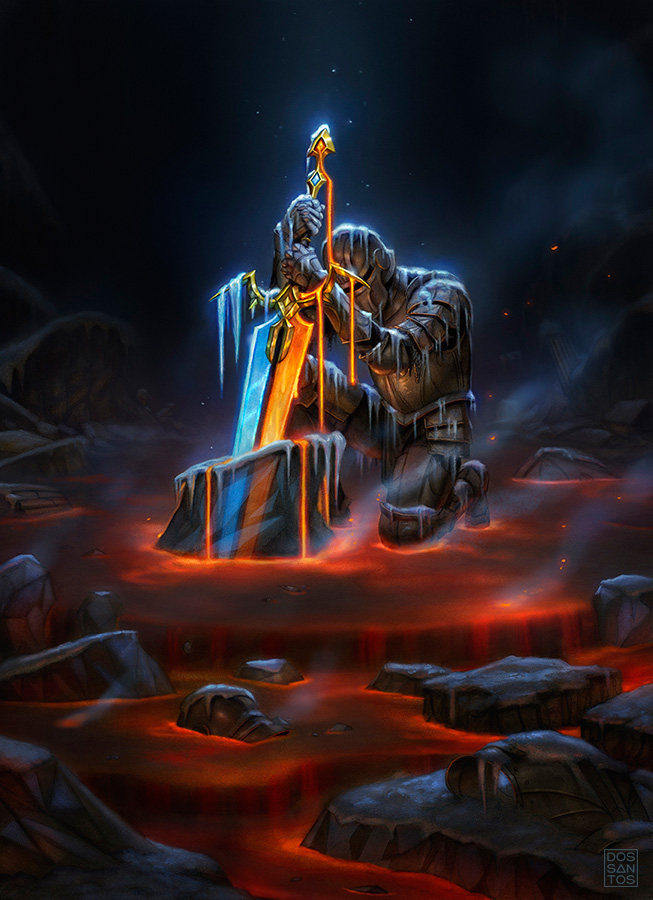

| Foreword | 2 | |
|---|---|---|
| Chapter 1: The Basics | 3 | |
| Chapter 2: Running a Session | 4 | |
| Chapter 3: Loot and Rewards | 5 | |
| Chapter 4: General Rules | 8 | |
| Appendix A - Server Links | 12 | |
| Appendix B - DM Resources | 13 | |
| Appendix C - Past Organizer Rulings | 14 |
Chapter 1: The Basics
DM Basic Rules
Before you start play, consider the following:
-
Don’t be a wangrod!
-
Use common sense! Don't be that guy!
-
Timeout: if you are uncomfortable with anything that happens in the game, just say “timeout” and the DM will take a break and give everyone a chance to address the issue.
-
By default, all PvP requires consent, whether this be touching other people's possessions or attacking them directly. If there is a situation where consensual PvP does arise, we ask that you try to make it non-lethal.
Note: Incidental damage where a player uses an ability to help the party out considerably is not considered PvP, and whether or not something is considered PvP is at the discretion of the DM.
-
If you are to plan a follow-up session, let your players know what you'll be doing in the follow-up.
-
Accept players based on level range and recency; the more recent they've played, the lower their priority should be to join the quest as long as they are within the level range.
-
If you don't know about something, ask before acting.
Voice and PBP Games
The server hosts two types of games, voice and play by post.
Voice Games are expected to be run by speaking and by using the Discord and other programs to enhance and grant ease for the play. Voice games are expected to be done within a session which are generally 4 - 6 hours. If they are to continue for longer, a new posting is made for them.
Play by Post (PBP) Games are primarily played by text. These sessions can last over a week and they go forward in much slower pace than a normal session.
See Chapter 4 for more details on PBP rules.
Level Ranges
Each game is supposed to be directed to one tier of the level ranges. This does not mean your game can't have characters outside of the intended level range, but it is there to guide the expectations and the expected power level of the characters who are joining the session.
The level ranges are also sometimes referred as tiers.
| Tier | Level Range |
|---|---|
| 1 | 3-4 |
| 2 | 5-8 |
| 3 | 9-12 |
| 4 | 13-16 |
| 5 | 17-20/Epic |
DM No Show / Cancelled Game
If you do not show up for a game or the game is not able to be ran, the characters signed up for the quest that show up receive XP rewards. This is true for short notice cancellations and no-shows. The game has to have been posted for at least 8 hours.
It is preferable if you can get appropriate replacement players from those not signed up for the quest and you should have some patience to see if people come late. This is also only for abrupt cancellations for sessions that have time and date set and those are coming up soon.
| Level | Reward | Level | Reward | Level | Reward | ||
|---|---|---|---|---|---|---|---|
| 3 | 180 | I | 9 | 1600 | I | 15 | 3000 |
| 4 | 380 | I | 10 | 2100 | I | 16 | 3000 |
| 5 | 750 | I | 11 | 1500 | I | 17 | 4000 |
| 6 | 900 | I | 12 | 2000 | I | 18 | 4000 |
| 7 | 1100 | I | 13 | 2000 | I | 19 | 5000 |
| 8 | 1400 | I | 14 | 2500 | I | 20 | 5000 |
Examples: The DM is unable to make it to the session, the game has been posted for a 24 hours. All players receive XP.
A player is unable to make it to a quest, the DM decides they are not willing to run for that few players, and are unable to find someone to fill the slot last minute. The remaining players and the DM receive game cancelled xp.
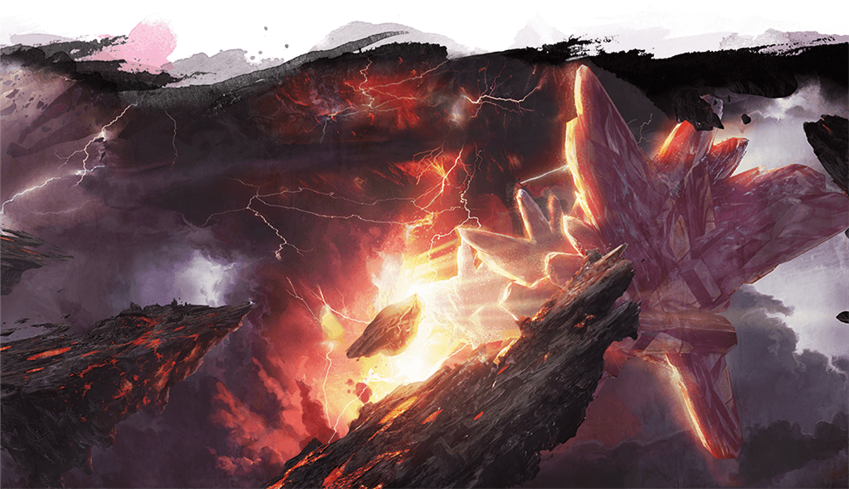
DM Rewards
Without our DMs we would not be able to run this awesome campaign. DMs are rewarded for running sessions with gold, experience, or magic items as listed in this section.
XP/GP Table
| Level | XP | XP to Level | DM XP Reward | DM GP Reward |
|---|---|---|---|---|
| 3 | 900 | 1800 | 450 | 250 |
| 4 | 2700 | 3800 | 950 | 300 |
| 5 | 6500 | 7500 | 1875 | 350 |
| 6 | 14000 | 9000 | 2250 | 400 |
| 7 | 23000 | 11000 | 2750 | 500 |
| 8 | 34000 | 14000 | 3500 | 600 |
| 9 | 48000 | 16000 | 4000 | 750 |
| 10 | 64000 | 21000 | 5250 | 900 |
| 11 | 85000 | 15000 | 3750 | 1000 |
| 12 | 100000 | 20000 | 5000 | 1150 |
| 13 | 120000 | 20000 | 5000 | 1300 |
| 14 | 140000 | 25000 | 6250 | 1500 |
| 15 | 165000 | 30000 | 7500 | 1700 |
| 16 | 195000 | 30000 | 7500 | 1900 |
| 17 | 225000 | 40000 | 10000 | 2250 |
| 18 | 265000 | 40000 | 10000 | 2500 |
| 19 | 305000 | 50000 | 12500 | 2750 |
| 20 | 355000 | 50000 | 12500 | 3000 |
Note that a DM does not receive any rewards (be they gold, XP, or magic item) until all player gold, player experience, and other player rewards have been approved (as applicable) and posted within a rewards channel. Once rewards are posted, a DM with two characters must specify which of their characters is gaining DM Rewards.
Magic Item Rewards
Every second quest DMs may forgo their XP rewards to instead gain a random magic item of rarity appropriate to their tier.
The DM chooses any tier up to that of their rewarded character. The DM then rolls 1d100 twice. The DM can choose to split their two rolls across their valid tiers, but rolling on a lower tier does not increase the quantity.
The DM must state as part of each roll which tier they are rolling on using the “!roll 1dX
After making their pair of rolls, a DM will ping @Helpers. A Helper will post two items as appropriate to the roll. The DM may choose one of the two items by adding a reaction. The DM then gains the selected item. Should any of the posted items require a second roll, the Helper will indicate as much.
If a spell scroll is rolled, the DM may choose what class list the scroll is for. The DM then rolls on the Random Spell Table (linked below) for the class selected and level of the scroll rolled.
If ammunition is rolled, the DM gains 10 unit of it. The exception is an Arrow of Slaying, the DM gains 1 units of it.
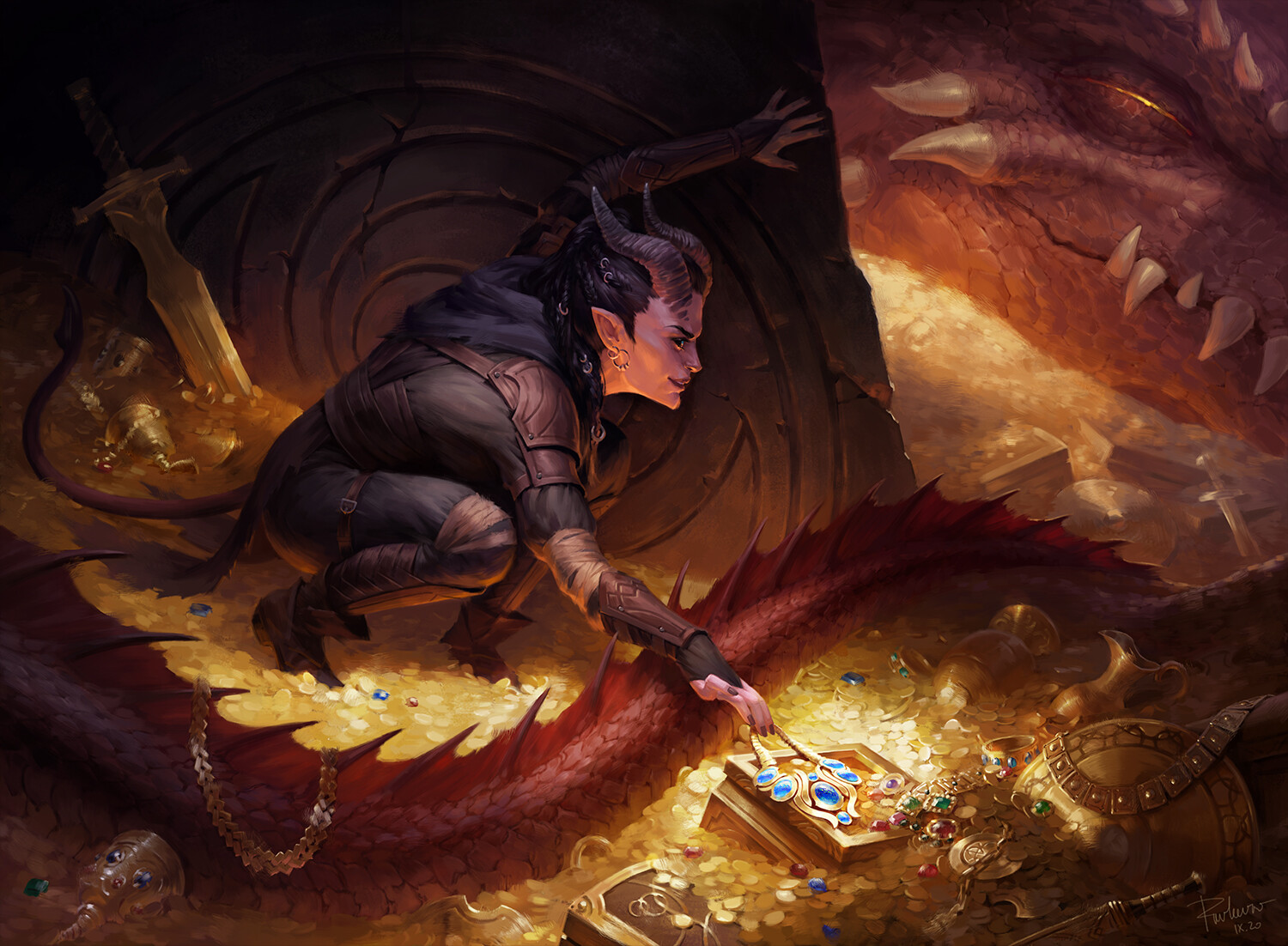
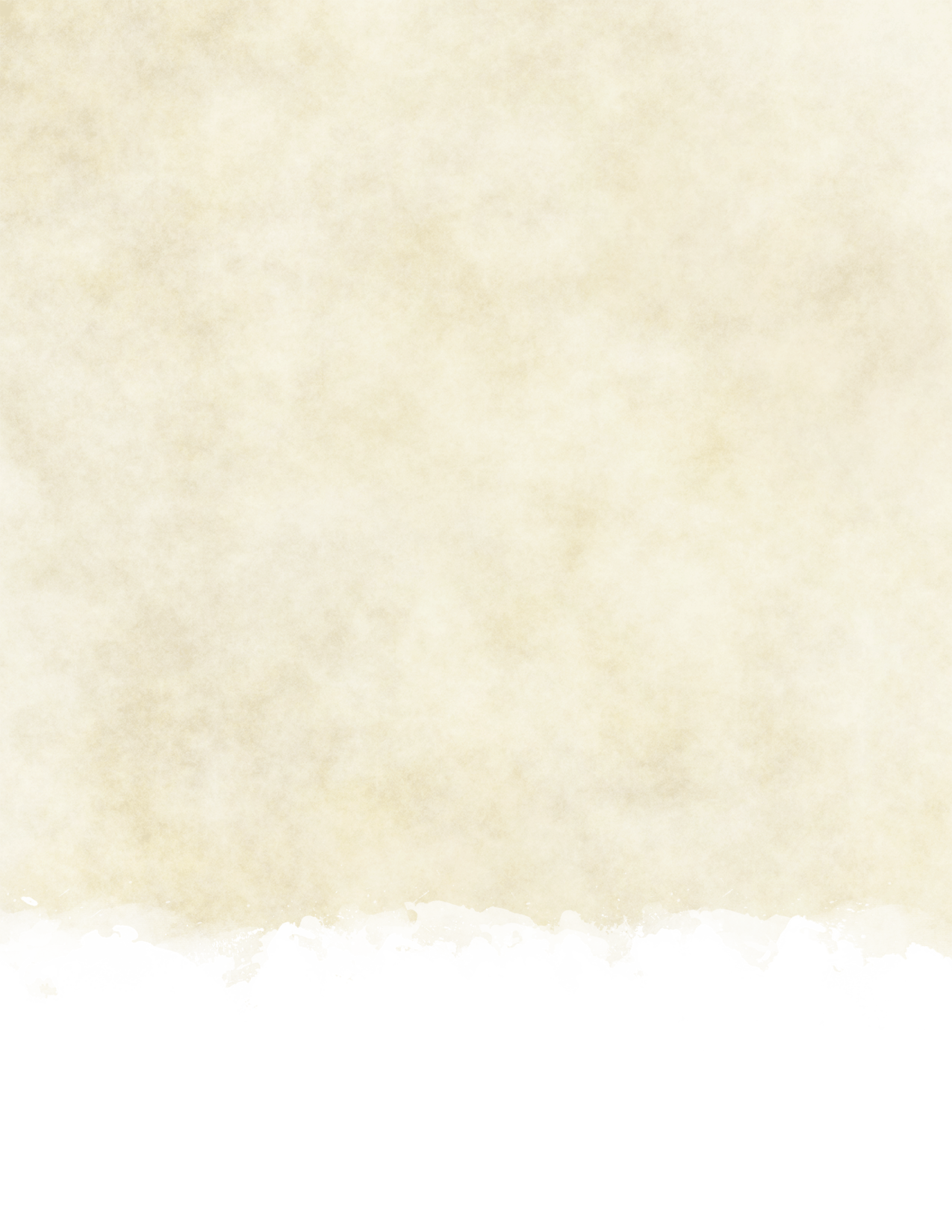
Chapter 2: Running a Session
Setting Up a Session
There are few things you normally need to do to run a session. First of all, the quest will need a quest posting. This can then be posted to #dm-quest-posting or #player-quest-requests. In most cases if the session is posted in the #player-quest-resquests it should be done by the player requesting it even if you are running the session as a DM. There are templates for the quest posting in pinned messages. To have the posting appear inside of a box you need to place three ` markings before and after the message. It is also beneficial and usually necessary to mention about your game in the #request-discussions channel that you have posted a quest posting and ping the level range of players that the quest is intended for.
After you have posted the quest, players will start signing up for the session. This is usually done by DMing the DM or by mentioning about it in the #reuqest-discussion channel. As a DM you are not expected to read everything what is happening the request channel and if the players are signing up there, they usually will ping you or say it right after you have mentioned about the session you have posted.
As the players are signing up for your quest, you will have some leeway into who you will put as playing on the quest or in reserves. The rules you are to follow when deciding who is on the quest and who is not is the following:
Priority 1: Level Range: Characters who are in an appropriate level tier for the quest you're running should always be the first in.
Priority 2: Time since last played: If you have too many people signed up for what you want to run, ask everyone when their last quest was. Whoever hasn't had a game recently should be included.
There are exclusions to these rules as always. Examples include a second part to a quest, in which case the people in part 1 may be the priority, if you simply want to run a game right away you can choose to take whoever signs up in order on a first come first serve basis.
When you are considering characters outside of the level range, please consider what will be their impact for the session. In case of a level 3 character might want in for a 5-8 session, but they only have 17 HP and will most likely die, or an epic level 5 character is joining a 13-16 session, but their power level will be too much compared to the other characters. You are always allowed to deny a character from joining a session but you should consider informing the player why you are excluding them.
Reward Submissions
Any special rewards for a session beyond gold and experience (such as magical items) require approval a DM. These must be posted in the #reward-submissions channel, and must wait for at least 24 hours before they can be given out.
Approval is completed by emoting a thumbs up to the post that contains the reward submission. This is to be done by a DM that is not joining the quest as a player. See Chapter 3 for more on this.
Note that a DM cannot use, trade, or study any reward that they have created and given out within 6 months of that item being awarded.
Pick Up Games
Pick up games (or PUGs) are games posted with short notice, which are expected to run within 24 hours from the time of posting. Rewards for PUGs cannot include homebrew items, unless those items are on the homebrew item reference list.
Accelerated Approval
If all quest rewards in a submission are different rewards from the quick loot tables, or Homebrew Reward Reference List, then they can avoid the 24 hour waiting period if the rewards are approved by three individual DMs (3 thumbs).
The indication that the rewards are from the Quick Loot Tables or Homebrew Reward Reference List would need to be mentioned in the message with the link to the reward document, so it can be seen and verified without the need to view rewards.
If an item is simply reflavoured from an item in the Quick Loot Tables or Homebrew Reward Reference List, with no other function to the item added, those items are valid for the accelerated approval.
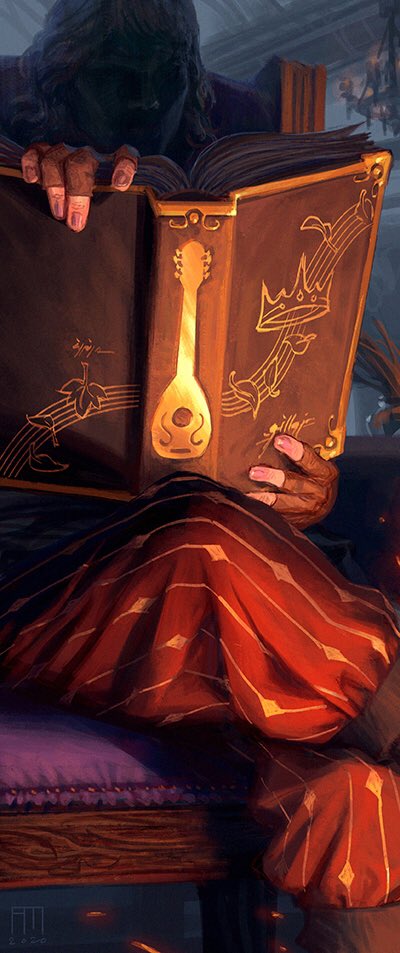

Homebrew Rules
If you are expecting to use some homebrew rules during the session, remember to inform the players in your quest posting about them if they can be considered major rules changes, such as not allowing long rests during the session.
Common Homebrew/Variant Rules
Flanking (Adv)
As per DMG, page 251.
Flanking (+2)
As per DMG, page 251 but flanking grants +2 to attack instead of advantage.
No Rests
No Long rests or Short rests allowed in the session, the party maybe on the clock or the session maybe one grand fight.
No Long Rests
Travel is tiring and disrupts adventures resting as such resting outside of towns and outposts only give the benefits of short rests and to stave off exhaustion.
Staying in a location for a prolonged period can lead to rest in some cases. Adventures on a multipart quest can long rest in the time between quests. The ideal to make random encounters during travel and elsewhere more meaningful. Remember to also tune down encounters as players will have less resources
Warfare
A system for resolving epic battles featuring hundreds or thousands of combatants on a side. Since that system gets an entire book in Kingdoms and Warfare, we only have those bits you’ll need to get the job done. More Information
Paid Tools and CWM
Our West Marches game is open to all. While you are free to use a tool such as Fantasy Grounds to run your games, you must be able to offer that option free to players. This typically means having the Ultimate version in the case of Fantasy Grounds.
You can always run your games on Discord using Avrae or over on Roll20. Other options may be possible and offered, so long as they are free for the players.
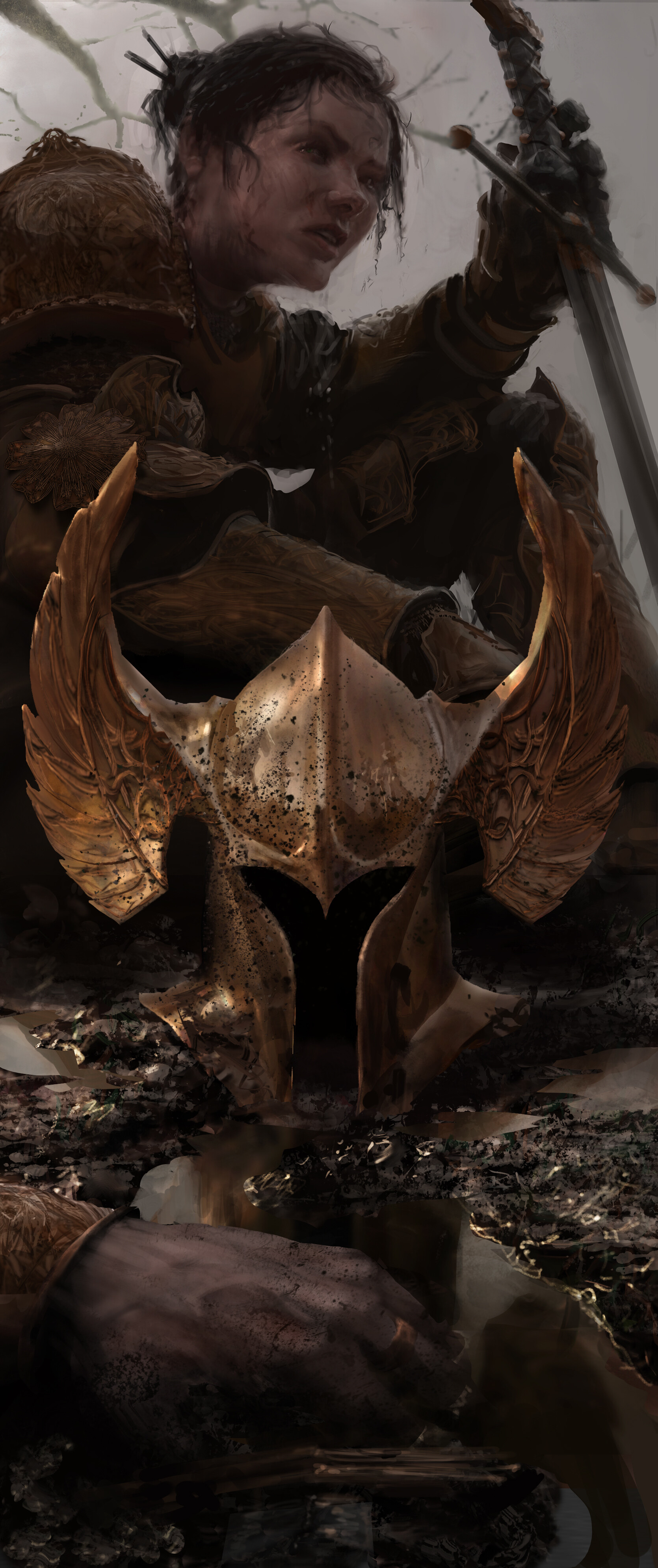

Prequest Actions
The Downtime Document has several prequest actions listed for the different activities. These can be used by the players as long as the DM seems them to be fitting for the start of the quest. The intention is that they are used the day/night before the quest starts
During the Session
When it is time for you to run the session, select one of the game channels that is currently free to run your game in. Normal games are to be run in games 1-4 and PBP games are ran in the channels 5-6. As you are choosing the channel, it is also good idea to look if any of the reward channels are still in the middle of resolving them. When you have selected the channel it is a good idea to ping all of the players on the session so that they can know you have done so. If you are using a program outside of Discord, such as Roll20 for a map, link them or advise the players how they can join the necessary things you want them to join. It is good to note that some people will not be able to talk in the voice over IP (VOIP) channel or join a specific program. If these are a major issue for you, you should ask from the players before the session if they are expected to able to follow your requests.
The server has two Rythm bots that can be used to play music on the VOIP channels. For advice in using them you should ask people in the #dm-discussions or #questions channels.
After the Session
After the session is done, you still need to do few things. These include closing the session, giving out the rewards and archiving your quest posting and quest rewards.
To indicate that the session is done, you are to add a message containing ``` ``` to create an empty gray box. This will show the other DMs that the channel is able to be used for other games.
The rewards for the players should be posted in the matching reward channel to the channel you used to run the game in. If the channel is still in the midst of resolving another sessions rewards, use another channel. Post the individual XP and possible GP and rewards in a way that is easy to understand. The next section of the guide goes through the rules that regulate giving out rewards. No matter how you decide to give out the rewards, you are expected to keep an eye on the splitting of the rewards so that everything stays civil and doesn't take too much time. It is common for the splitting of rewards to take few days.
Archiving the quest posting should be done by moving the message from #dm-quest-posting in to #quest-archives. After the rewards are handed out, they should be posted in to the #quest-rewards-archive channel.
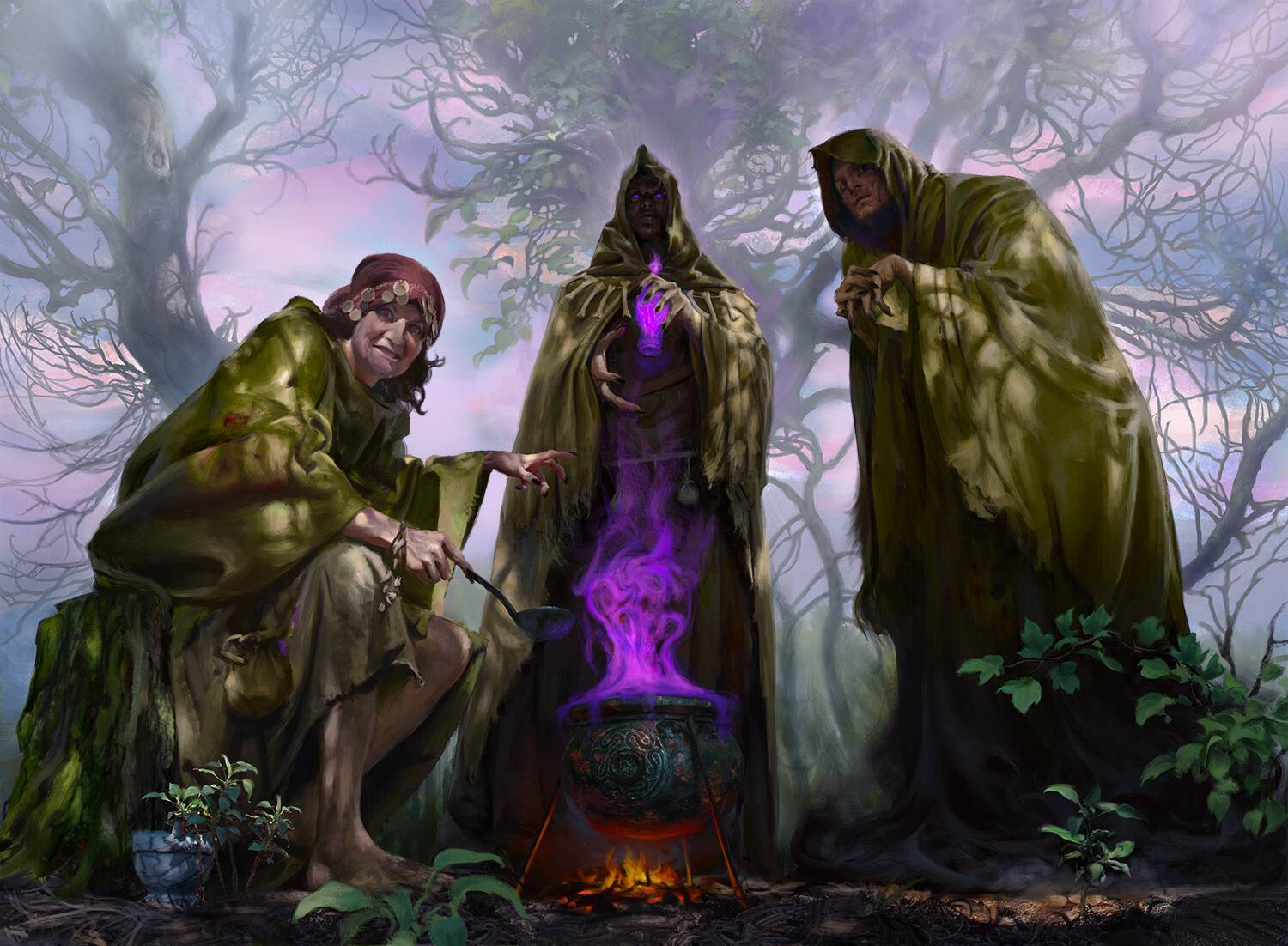

Chapter 3: Loot and Rewards
"I KILL IT AND LOOT THE BODY!"
- Anonymous Murderhobo
Rewards are the pay off for completing the difficult tasks that face brave adventurers coming in many different forms. In a normal game, loot is completely up to the DM, using whatever balance or table you wish. But in West Marches, we have dozens of DMs giving out rewards that have potential to ruin the game for others. So, there is a balance that must be maintained in order that we can all keep having fun together.
Any item rewards given out need to go through reward approval process, where the items are evaluated if they are suitable for the server. This requires the rewards to be posted in to #reward-submissions channel after a minimum of 24 hours if there are no objections to the rewards, approved by another DM they can be given out. In the case of a dispute on the rewards work with the other DM to resolve the issue. If you feel it can't be resolved then ask a helper to assist to settle the matter.
Experience Rewards
Experience given to players is the same as normally found in the books:
Total exp / number of players = The amount of exp players get.
For example, an encounter gives out 1000xp total, there are 6 players in the session. Exp to each player is 1000/6=166.
-
DM’s are free to increase or decrease exp given in session, but don’t go too overboard, if the numbers look too high or low for you, feel free to ask in DM chat to have people look over it
-
Experience rewards do not need to go through the DM approval process
-
There is a 25% exp penalty given to players for each step outside of the recommended level range, for example a character in the 17-20 tier will receive a penalty to the exp gained if they join a 13-16. Additionally, DM’s may choose to deny players outside of the range if they wish but are encouraged to talk to the player who made the quest if this is a player quest request before doing so.
Non-combat Challenges
We use the noncombat challenges rules listed on DMG P261. You decide how much to award experience to characters for overcoming challenges outside combat. If the adventurers complete a tense negotiation with a baron, forge a trade agreement with a clan of surly dwarves, or successfully navigate the Chasm of Doom, you may decide that they deserve an XP reward.
As a starting point, use the rules for building combat encounters in DMG chapter 3 to gague the difficulty of the challenge. Then award the characters XP as if it had been a combat encounter of the same difficulty (see DMG P82). If the encounter didn’t involve a meaningful risk of failure then you can award experience based on an easy encounter.
In the case of players in different tiers in a non combat session then XP is calculated separately.
For example:
A non-combat roleplay quest of the party going to the circus. The party of a level 3, 6, 13 and 19 overcame 1 easy challenges, 1 medium challenge and failed the 1 hard challenge and thus get 0 XP from that challenge.
| Character Level | XP Breakdown | Total XP |
|---|---|---|
| Level 3 | 75 + 150 + 0 | 225 |
| Level 6 | 300 + 600 + 0 | 900 |
| Level 13 | 1,100 + 2,200 + 0 | 3,300 |
| Level 19 | 2,400 + 4,900 + 0 | 7,300 |

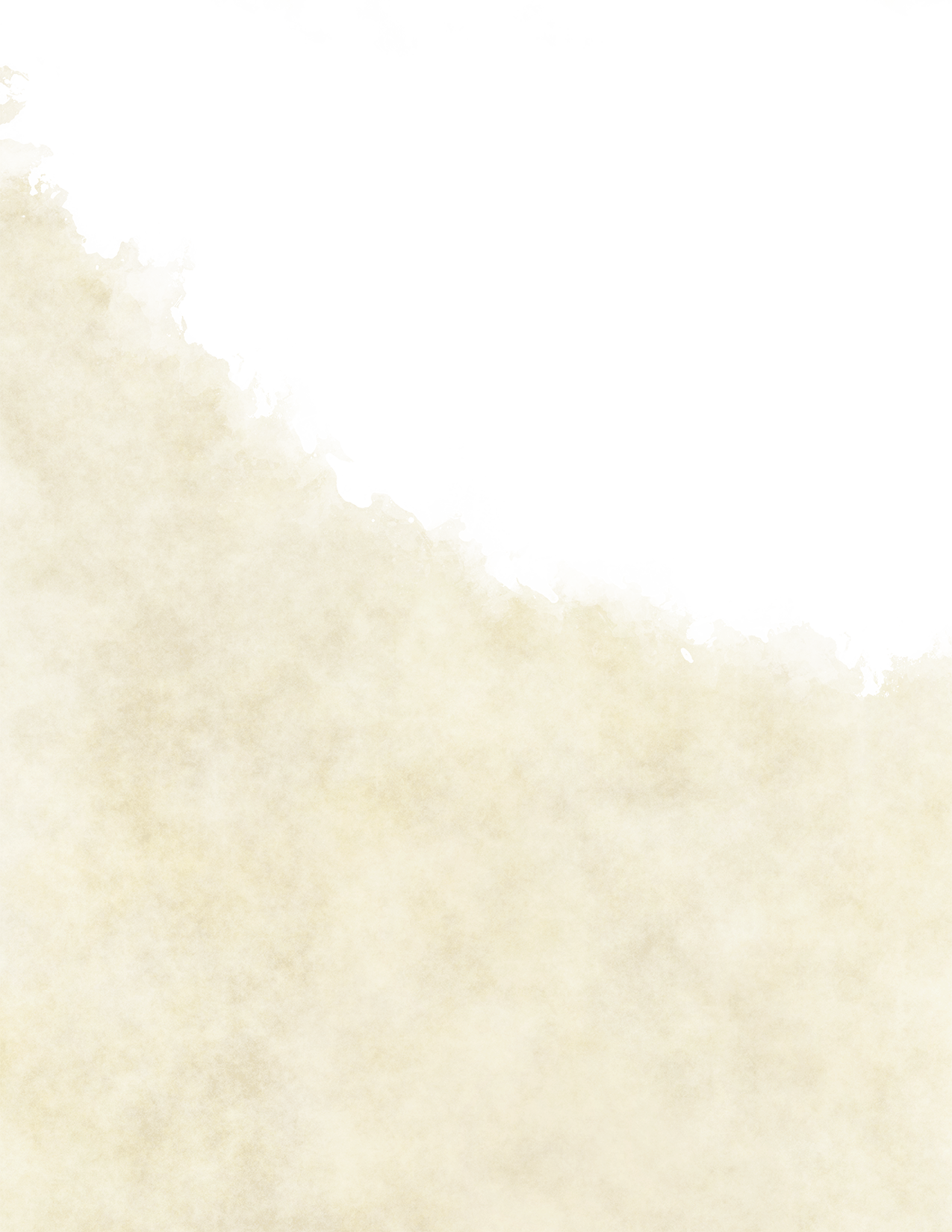
Experience Caps
The amount of total experience granted by a quest is capped at 25% of the total experience required to gain a level at the highest level of each tier. DMs may not give more experience per tier for a quest than what is listed on the following table:
| Tier | XP Cap |
|---|---|
| Tier 1 (levels 3-4) | 950 |
| Tier 2 (levels 5-8) | 3500 |
| Tier 3 (levels 9-12) | 5000 |
| Tier 4 (levels 13-16) | 7500 |
| Tier 5 (levels 17-20) | 12500 |
| Epic Tier | 12500 |
For out of tier characters, their received experience is still capped by the values should their 25% out of tier reduction be larger than their tier's XP Cap.
Gold Rewards
To determine the base gold reward given to players, the following formula is used:
Gold Guideline Formula
GP: Exp gained by player / number of players.
For example, a party of four each gain 1000 exp, however one player is out of tier and only gains 500 exp.
The three in tier would gain 250 gold, while the player who gained 500 exp would gain 125 gold.
-
DM’s are free to adjust this number up or down. If the players have done something to earn a larger payout of gold - such as bringing additional trophies home - add some more. If the quest was given by someone in a poorer state, or involves locations and enemies that logically wouldn’t have much money - remove some from it. The base gold is the assumed payment/loot from the quest giver or area searched, it’s up to you if you want to put more work into this.
-
Gold rewards, non-magical items in the PHB, and any non-diamond non-magical Treasure in the DMG may be given without requiring reward submission.
-
For sessions that reward no magic items or items that require a reward submission you are able to give out double the normal gold rewards.
“Some humans would do anything to see if it was possible to do it. If you put a large switch in some cave somewhere, with a sign on it saying 'End-of-the-World Switch.
PLEASE DO NOT TOUCH', the paint wouldn't even have time to dry."
― Terry Pratchett, Thief of Time


Magic Item Distribution
If you’re unsure of what to give out, lean towards consumable items rather than permanent ones at least early on at low levels. It is good to note that there are minor and major magical items.
Supernatural gifts - blessings, boons, charms, or other single use abilities that can only be used by the person who choose it is also a good way to go.
Magic items should be distributed with the level of the characters in mind, as shown on this table:
| Tier | Level Range | Minor | Major |
|---|---|---|---|
| 1 | 3-4 | Uncommon | Common |
| 2 | 5-8 | Rare | Uncommon |
| 3 | 9-12 | Very Rare | Rare |
| 4 | 13-16 | Legendary | Very Rare |
| 5 | 17-Epic | Legendary | Legendary |
Minor and Major Magic Items
-
Minor items are consumable items and some utility items, for examples see Magic Item Tables A through E
-
Major items are permanent items that increases character power, for examples see Magic Item Tables F through I
Flavouring Items
Finally, remember to add some flavor to your rewards. An important part of making rewards interesting and meaningful is the roleplaying flavor that you add to your items. DMG, page 132 gives tables for adding these.
Instead of a +1 Longsword, consider an item like:
Dragonclaw Longsword +1
Martial weapon(Longsword), melee weapon, major, uncommon
Made of the long, pale white claw of a dragon, hilt made of snow white scales which are cold to the touch.
You have a +1 bonus to attack and damage rolls made with this magic weapon.
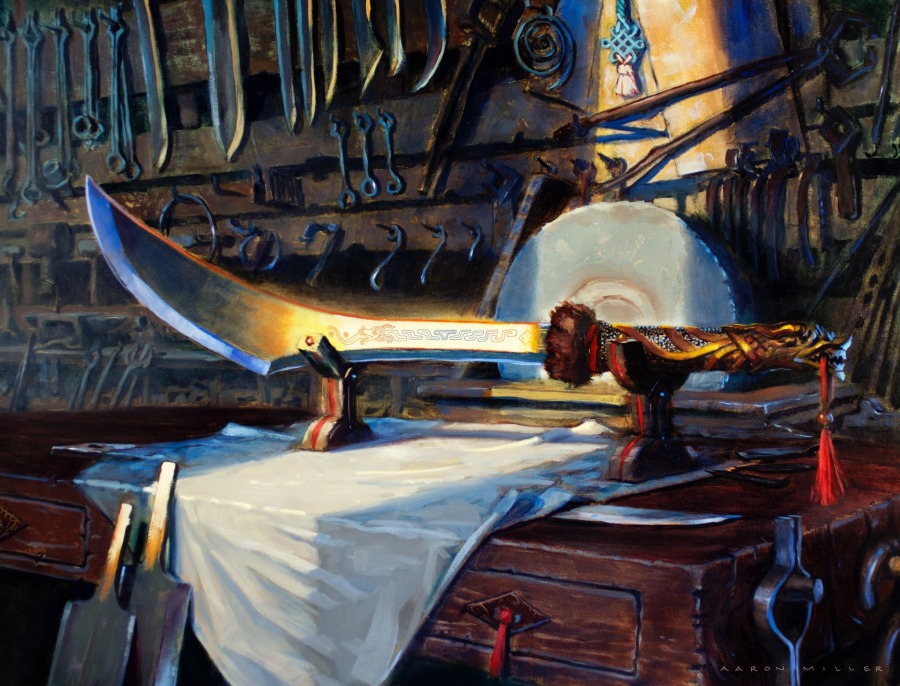














Homebrew Reward Reference List
Is a curated set of balanced homebrew items to assist DMs. All players and DMs on the server can submit items to the list. Submissions are curated by the brewers or merchants and submitted in batches of 10 or so to #reward-submission.
Once an item has been in reward submissions for 7 days, has 2 approvals and no objections it may then be added to the Homebrew Reward Reference List. (Approve an item by commenting that you approve of the item.) If 2 DMs object to an item on the Homebrew Reward Reference List then the item will be pulled off the list and reviewed to be resubmitted. The 2 DMs must submit what their objections are to the item. I.E. power level too high for it’s rarity or promoting wangrod behaviour etc.
Quick Loot Tables
Are designed for quickly roll up loot for a session. Link
- You can also roll on a minor level tier below the quest level range 1d4 times for a bundle of more common items. eg. 1d4 Health potions
- If you feel the item doesn’t make sense for the session feel free to reroll it.
- If you roll an item with the ammunition property recommend giving out a bundle x10 or 4d4 of the item except for arrows of slaying.
- Any item on the Restricted items list has been removed.
Restricted Magic Items
Certain magic items on the server are disruptive to play, some being too strong for this sort of setting, some being too abusable, and some simply needing to be in a state that cannot be reproduced with our magic item creation rules.
List of Uncraftable Items
Items which are not as much of a problem on the games themselves, but present a problem to the server through the ability to create magical items. These items should be given out with some minor flavorful features added on with the [Homebrew] tag, making them unable to be crafted.
- Adamantine Armor
- All-Purpose Tool (All Versions)
- Amulet of Health
- Belt of Giant Strength
- Boots of Elvenkind
- Headband of Intellect
- Gauntlets of Ogre Power
- Sentinel Shield
- Living Gloves
- Ring of Spell Storing
- Nether Scroll of Azumar
- Mizzium Armor
- Manual of Gainful Exercise
- Manual of Quickness of Action
- Manual of Bodily Health
- Tome of Clear Thought
- Tome of Understanding
- Tome of Leadership and Influence
Tome and Manual Limitations
The following text be included in any item that increases stats.
A player character can only increase each ability score maximum once though a tome, manual, or similar homebrew magic item/reward, typically 22 before other features/epic level.
A player character can still use tomes, manuals, and similar homebrew magic items/rewards to increase the score further, just not the maximum, which will remain at the restricted limit.
A player controlled companion or NPC cannot benefit from a tome, manual, or similar magic item/reward.
If a class feature or reaching epic levels says to increase your maximum for an ability score above 20 (26 for Epic, 24 for Barb Capstone), that ability score maximum is further increased by previously or subsequently used tomes, manuals, and similar magic items/rewards, to a maximum of 30.
List of Banned Items
Items which have been deemed as serious problems to the server or the games they’re used in, which have been banned from giving out to players.
- Bag of Beans
- Berserker Axe
- Deck of Many Things
- Deck of Several Things
- Horn of Valhalla (All Versions)
- Illusionist's Bracers
- Staff of the woodlands
Artifacts
Not to be given out as generic rewards, Artifacts are intended for major high level quests are announced to the server when given out as only one exists.
DMs must post the rewarded Artifact in #artifacts under the Lore category; include the name of the artifact, the recipient, and any applicable lore.
Any Artifact that comes from an official source such as the 5e DMG, previous editions, or WotC lore should be worded in some way that makes it available to the world again once its owner retires or dies so others in the future may seek them.
Magic Item Creation
Magic items are a frequent reward for quests, not all quests require you to hand them out, but many people choose to. Not all magic items need to be by the book, but it’s encouraged to follow the wordings of existing items. All homebrew magic items must be tagged as such.
Example item generators can be found in the Appendix B.
Modifying an Item
The easiest way to invent a new item is to tweak an existing one. If a paladin uses a flail as her main weapon, you could change a holy avenger so that it's a flail instead of a sword. You can turn a ring of the ram into a wand of the ram, or a cloak of protection into a circlet of protection, all without altering the item's properties.
Other substitutions are equally easy. An item that deals damage of one type can easily deal damage of another type. A flame tongue sword could deal lightning damage instead of fire, for example. One capability can replace another, so a potion of climbing can easily become a potion of stealth.
You can also modify an item by fusing it with properties from another item. For example, you could combine the effects of a helm of comprehending languages with those of a helm of telepathy into a single helmet. This makes the item more powerful and increases its rarity.
Finally, remember the tools that are provided for modifying items in DMG Chapter 7, "Treasure." Giving an item an interesting minor property, a quirk, or sentience can alter its flavor significantly which can be found on DMG, page 132
“You can't give her that!' she screamed. 'It's not safe!'
IT'S A SWORD, said the Hogfather.
THEY'RE NOT MEANT TO BE SAFE.
'She's a child!' shouted Crumley.
IT'S EDUCATIONAL.
'What if she cuts herself?'
THAT WILL BE AN IMPORTANT LESSON.”
― Terry Pratchett, Hogfather
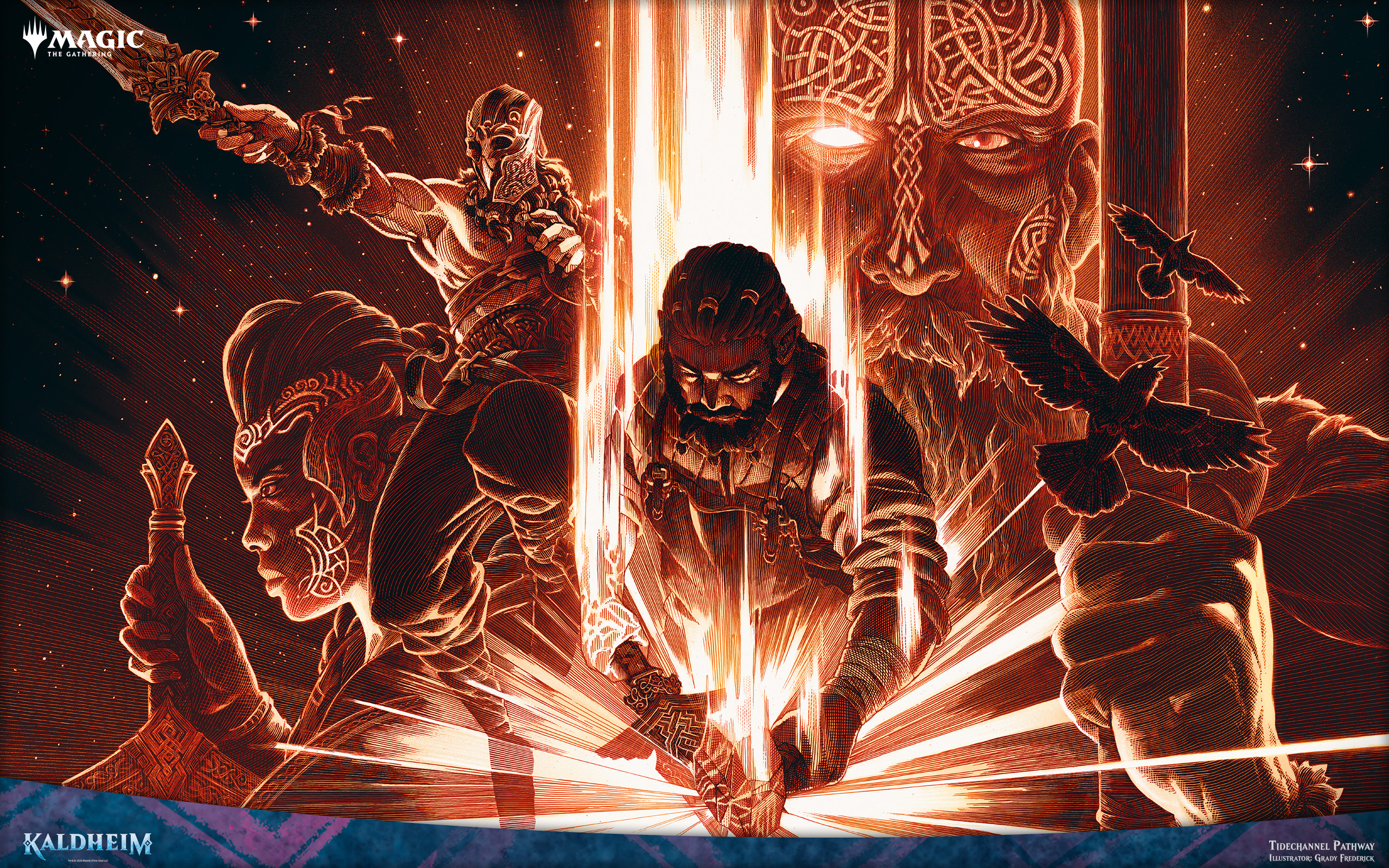
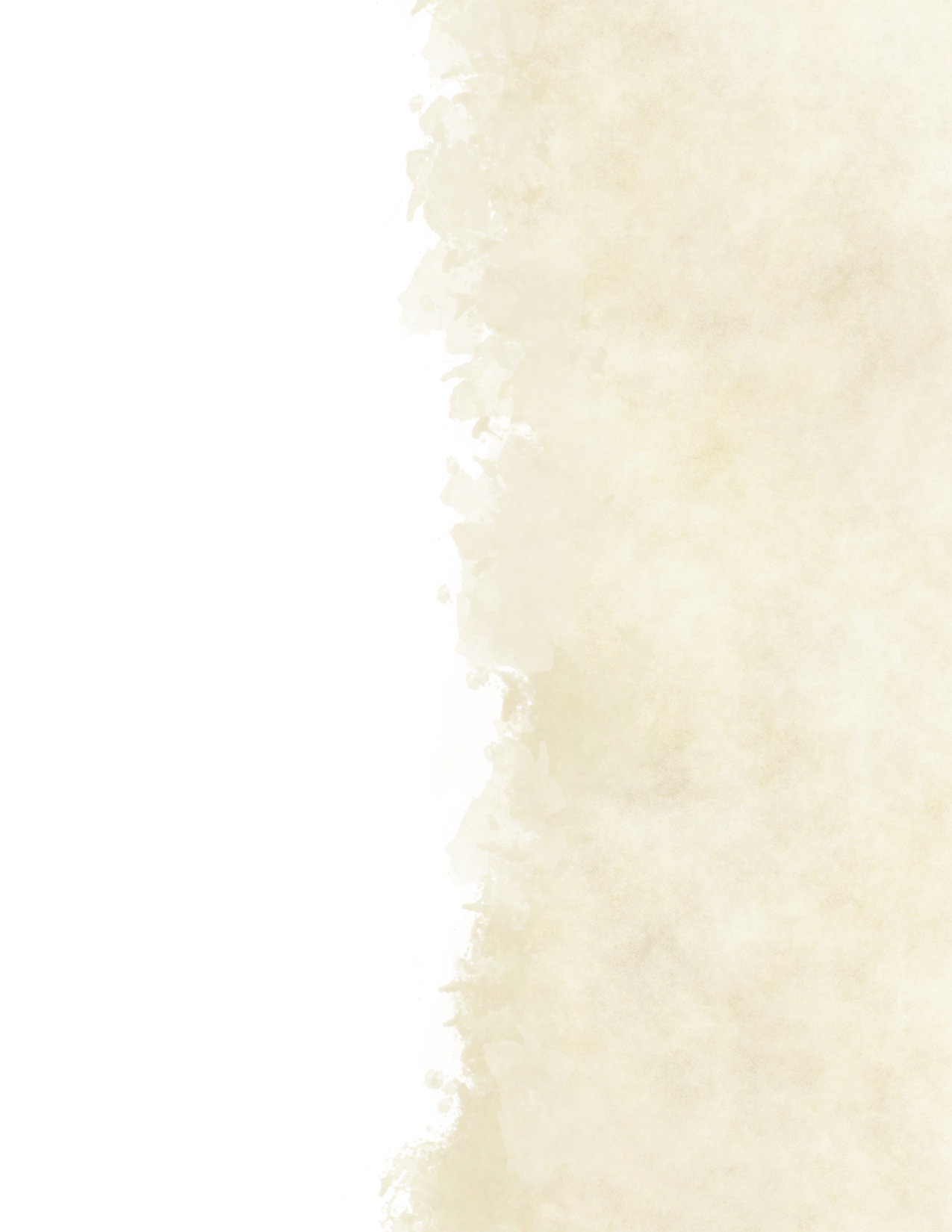
Creating a New Item
If modifying an item doesn't quite do the trick, you can create one from scratch. A magic item should either let a character do something he or she couldn't do before, or improve the character's ability to do something he or she can do already. For example, the ring of jumping lets its wearer jump greater distances, thus augmenting what a character can already do. A ring of the ram, however, gives a character the ability to deal force damage.
The simpler your approach. The easier it is for a character to use the item in play. Giving the item charges is fine, especially if it have several different abilities, but simply deciding that an item is always active or can be used a fixed number of times per day is easier to manage.
Power Level
If you make an item that lets a character kill whatever they hit with it, that item will likely unbalance the game. On the other hand, an item whose benefit rarely comes into play isn't much of a reward and probably not worth doling out as one.
Use the Magic Item Power by Rarity table as a guide to help you determine how powerful an attunement requiring item should be, based on its rarity.
Magic Item Power by Rarity
| Rarity | Bonus | Spell level | Common Damage | Uncommon Damage | Save DC |
|---|---|---|---|---|---|
| Common | 0 | 1st | - | - | 10 |
| Uncommon | 1 | 3rd | 1d6 | 1d4 | 13 |
| Rare | 2 | 5th | 2d6 | 2d4 | 15 |
| Very Rare | 3 | 7th | 3d6 | 2d6 | 17 |
| Legendary | 3 | 8th | 4d6 | 2d8 | 18 |
| Artifact | 3 | 9th | 5d6 | 2d10 | 19 |
Maximum Bonus
If an item delivers a static bonus to AC, attack rolls, saving throws, or ability checks, this column suggests an appropriate bonus based on the item's rarity.
Maximum Spell Level
This column of the table indicates the highest-level spell effect the item should confer, in the form of a once-per-day or similarly limited property. For example, a common item might confer the benefit of a 1st-level spell once per day (or just once, if it's consumable). A rare, very rare, or legendary item might allow its possessor to cast a lower-level spell more frequently.
Damage
The amount of bonus weapon damage that a weapon should confer. Common damage is damage types that are commonly resisted by foes with uncommon damage types being unlikely to be resisted and as such should have less lower damage.
Common Damage Types:
- Non-magical Piercing, Slashing and Bludgeoning
- Fire
- Cold
- Poison
Uncommon Damage Types:
- Acid
- Lightning
- Necrotic
- Thunder
Rare Damage Types:
- Force
- Psychic
- Radiant
Damage Modifiers
An item damage profile is modified by the following factors: increasing the damage through the number of damage die or increase the damage die.
- The item is consumable
- The item has limited uses per day
- There is a saving throw for the damage
Save DC
A magic item, such as certain staffs, may require you to use your own spellcasting ability when you cast a spell from the item. If you have more than one spellcasting ability, you choose which one to use with the item. If you don't have a spellcasting ability-perhaps you're a rogue with the Use Magic Device feature your spellcasting ability modifier is +0 for the item, and your proficiency bonus does apply.
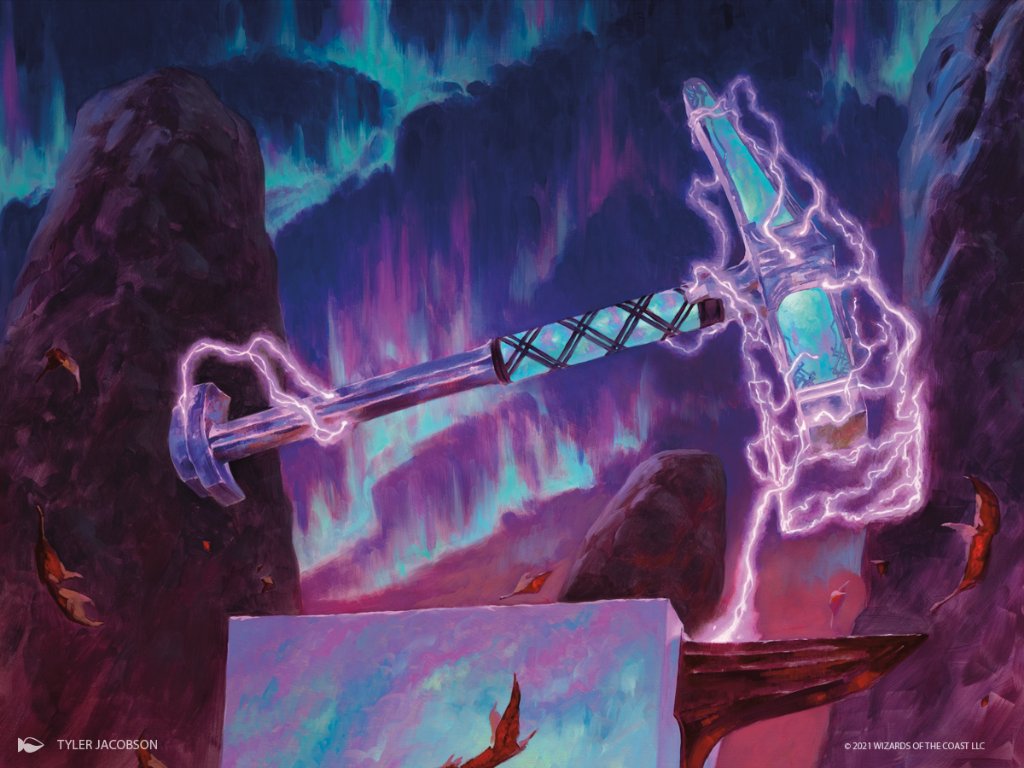


















Homebrew and UA Spells
The following is a guide on giving out homebrew and UA spells in the form of one use items called Spell Cyphers or permanent spells additional in the form of Spell Tomes.
Spell Cypher
The following is a template for rewarding homebrew spells as one use items called Spell Cypher. Originally from the RPG Numenera, Cyphers are essentially one-shot magic items. They cast the spell or effect once then crumble to dust.
You can find examples here at Donjon
Template:
[Item Name]
Wondrous item, major tier,
[For rarity see Spell Scroll Table DMG P.139]
[Flavour text: Helps the item feel more real and magical]
Can be worn and used as an [Casting Time of the spell] can cast the [Insert Spell] Spell. A spell cast with this item has a save DC of [See table] and an attack bonus of [See Magic Item Power table above]. Once the spell is cast and it’s magic spent, it crumbles to dust.
[Insert Spell Description, Helps out to do this even for published spells so it’s easy to review]
Example Item:
The Sublime Codex
Wondrous item, minor tier, common
A mangled orichalcum plate engraved with endless spirals. Can be worn and used as an action can cast the Encode Thoughts Spell. A spell cast with this item has a save DC of 13 and an attack bonus of +5. Once the spell is cast, the spirals on the plate fade, and the plate itself crumbles to dust.
Encode Thoughts
Enchantment cantrip
Casting Time: 1 action
Range: Self
Components: S
Duration: 8 hours
Putting a finger to your head, you pull a memory, an idea, or a message from your mind and transform it into a tangible string of glowing energy called a thought strand, which persists for the duration or until you cast this spell again. The thought strand appears in an unoccupied space within 5 feet of you as a Tiny, weightless, semisolid object that can be held and carried like a ribbon. It is otherwise stationary.
If you cast this spell while concentrating on a spell or an ability that allows you to read or manipulate the thoughts of others (such as detect thoughts or modify memory), you can transform the thoughts or memories you read, rather than your own, into a thought strand.
Casting this spell while holding a thought strand allows you to instantly receive whatever memory, idea, or message the thought strand contains. (Casting detect thoughts on the strand has the same effect.)
Source: GGR, page 47
Spell Tomes
The following is a template for rewarding homebrew spells.
Template:
[Item Name]
Wondrous item, major tier,
[For rarity see Spell Scroll Table DMG P.139]
Flavour text: Helps the item feel more real and magical. If you got no item what to put here try Donjon or ask ChatGPT
A [All Classes that can learn the spell] who studies this tome which requires [Equal to spell level] days of downtime learns the spell: [Insert Spell] adding it to their list of spells known, permanently forgetting 1 other spell they already know and are unable to regain the spell any means short of the wish spell or similar magic. The tome then loses its magic, but regains it in a century. [Following required if spell is higher then 1st level] If you have a [Spell Level] level spell slot you may still learn this spell even if you do not have access to [Spell Level] level spells in a singular class.
[Insert Spell Description, Helps out to do this even for published spells so it’s easy to review]
Example Item:
The Book of Duli
Wondrous item, major tier, uncommon
This tome is bound in gold plates set with garnet. It is locked by magic, and can be opened only within magical silence.
A Sorcerer, Wizard or Warlock who reads this tome which requires 3 days of downtime learns the spell: Astral Barrage adding it to their list of spells known, permanently forgetting 1 other spell they already know and are unable to regain the spell any means short of the wish spell or similar magic. The tome then loses its magic, but regains it in a century. If you have a 3th level spell slot you may still learn this spell even if you do not have access to 3th level spells in a singular class.
Astral Barrage
3rd level Evocation
Casting Time: 1 action
Range: 140 feet
Components: V S
Duration: Instantaneous
You create four glowing bolts of magical force that leave a trail of stardust behind them. Each bolt can hit a different creature of your choice that you can see within range. Each bolt deals 3d4 + 2 force damage to its target. The darts all strike simultaneously, and you can direct them to hit one creature or several.
Any target hit by one of the bolts becomes highlighted until the end of its next turn with a starlight glow and is easy to see in the dark.
At Higher Levels: When you cast this spell using a spell slot of 4th level or higher, the spell creates one more bolt for each slot above 3rd.
Source: Windrider, page 34
Arcadian Mounts
The image of the mounted hero is indelibly marked in our imagination. But the core rules don’t support this fantasy as well as they could.
The Arcadian Template, based on the Jumping On Mounted Combat article from MCDM Arcadia Issue 1, may be used by players to strengthen their mounts and provide greater combat versatility.
Training an Arcadian Mount
A standard mount, as listed in the Player's Handbook under Mounts and Vehicles, may be trained into an Arcadian Mount by paying gold equal to 400 times the mount's CR. The Arcadian template is applied to the mount, which is simply adding the three features listed under the Arcadian Mount Template and applying their effects to the new mount.
| Standard Mount | CR | Cost |
|---|---|---|
| Camel, Mastiff, Pony, Donkey or Mule | 1/8 | 50gp |
| Horse (draft) or Horse (riding) | 1/4 | 100gp |
| Warhorse | 1/2 | 200gp |
Any steed summoned by a spell such as Find Steed or Find Greater Steed can be trained in the same manner as a regular mount. The caster only pays the gold cost (400 times mount CR) once and does not need to pay it again if they re-summon the same mount. If the caster uses this spell to summon a different mount, such as changing from a Warhorse to a Camel, they will need to pay this cost for the new mount.
Arcadian Mount Template
After paying the requisite gold costs, the following three traits are applied to newly trained Arcadian mounts.
Mounted.
During a long rest, the mount can designate one creature that rode it within the last 10 days as its rider. The mount gains temporary hit points equal to 3 times the rider’s level or challenge rating after completing the long rest. The mount uses its rider’s proficiency bonus in place of its own proficiency bonus on ability checks, attack rolls, saving throws, and the DC to resist effects of the mount’s actions as listed in its stat block, and the rider’s proficiency bonus is applied to the mount’s AC.
As One.
The trained mount acts on the rider’s turn, even when the rider is not mounted. The mount may move and take the Dash, Disengage, or Dodge action. While mounted, the rider may also use a bonus action to command the mount to take one action listed in the mount’s stat block. The rider and mount work in tandem and may take their respective actions in any order during their turn.
Vaulting Attack.
A rider can use their bonus action to dismount spectacularly and perform a vaulting attack. The rider must make a Strength (Athletics) or Dexterity (Acrobatics) check. The DC is equal to 10 + the mount’s challenge rating. On a success, the next attack the rider makes before the end of their turn has advantage. Otherwise, the rider falls prone in an unoccupied space adjacent to the mount and the rider’s speed becomes 0 until the start of their next turn.


Chapter 4: Game Types
Normal and play by post (PBP) games differ most in the way that they are played and in length. Normal games are expected to use VOIP channels and ran in one sitting where PBP games are mainly played by writing on a game channel and may last for over a week. The two types of games are there to provide a way for those to play that are not able to commit to a full session when anyone else would have time for it.
PBP Specific Rules
PBP games have quite a few remarks how they should be ran. These rules are on top of other rules noted in this guide.
-
PBP games must be clearly marked as such in the quest posting
-
DM must set a IRL time period that the game will be played over
-
Max game length is 2 IRL weeks
-
If the game is going too long, the DM can steer the game to a good stopping point and end the quest there. Experience can be given out and what rewards have been earned up to that point. The quest is considered finished and can be picked up again in a follow up quest from where they left off.
-
Players are not required to role play if they do not wish but they do need to respond to the DM's requests for checks, saves, etc. Any DM specific preferences for this will be stated and confirmed to be understood by the players before the game begins.
-
The DM, in the quest posting and before the beginning of the quest, needs to reach an understanding with players about the time limit imposed on them to take their turn in combat, respond to checks and saves, or to give the go ahead that they are prepared to proceed.
-
The quest posting should state that players have x amount of hours to take an action before the DM moves forward without them. The DM is free to make the time limit as short or as long as they wish in order to finish the quest.
-
While in combat, The server default for an absent player is to take the Dodge action and pass their turn. The DM may act differently such as: the DM controls the players turn, the player's turn is skipped and possibly returned to later, or the player Disengages and runs away. For checks and saves, the server default is the DM instead rolls for the player a 1d20 with no bonuses
-
DMs can run normal sessions while in a play by post but cannot run two play by post sessions at the same time
-
These rules maybe adjusted after feedback
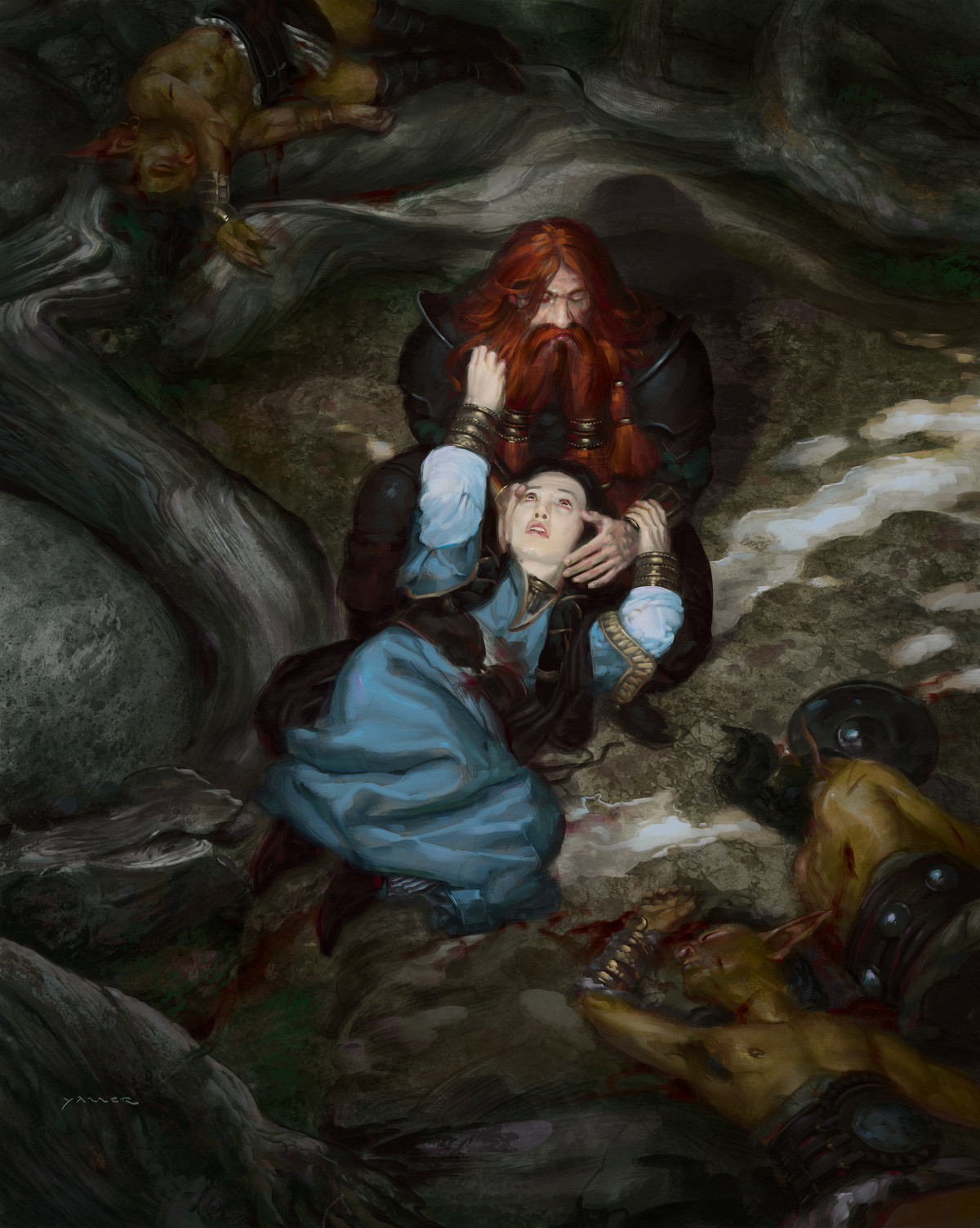

Chapter 5: Gathering Ingredients
These are guidelines for DMs to follow when players want to gather ingredients for potions during quests. The guidelines will explain what can be used, what roll and DC should be used and how much coud be gained by the gathering. It is up to the DM if they want to allow these to be used.
Gathering
When a character finds a suitable body to harvest for ingredients they need to make a roll for how well they succeede in it. The general attribute to use is Wisdom (Survival), but there can be different possibilities if the DM considers it possible. Character performing the gathering and anyone assisting them should be required to be proficient in the skill.
The gathering DC is relative to the CR of the creature and the size of the creature:
Gathering DC
DC = 8 + CR + Size modifier
(CR minumum 1, maximum 8)
The base difficulty is 8 and the modifiers of CR and size increase it further. The minimum change from CR is 1 and maximum change from it is 8. This represents the hardiness of the creature and possible difficulty of the gathering of the required ingredient. The size modifier represents the amount of work that is required.
The yield of the gathering is determined by the amount of units the success and the size of the creature. If the success is five higher than the DC, the yield is increased by 1. One unit of an ingredient is enough to brew one potion.
Yield of Gathering
1d4 + Size modifier on success, 1 on failure
(On 5+ success +1 yield)
This can be decided to be less depending on what the thing is that is being gathered from the creature and if the players decide not to carry all of the thing they are able to gather.
Alternative Ingredients
The ingredients listend in the guideline are mainly suggestions and give an idea what kind of a monster is required for a potion. In general, the higher the rarity of the potion, the harder the ingrediends should be to get. It is completely possible for the DM to allow other kinds of ingredients to be gathered that then could be used for potions.
When players are gathering alternative ingredients, have them roll an ability check to see if they know if something could be used. You don't need necessarily need to be specific, it can be "parts of X creature" for example. The general DC to know if something can be used is the same as gathering DC but the size modifier is replaced with flat bonus of 4. It's not easy to know these things, and even if you do know what could be used, you would also need to know how it should be handled.
Alternative Ingredient Recognition
DC = 8 + CR + 4
(CR minumum 1, maximum 8)
The players can surely suggest what the parts could be used for, but in the end it is the DM's call to decide if they end up being usefull for a potion, or something that the players could turn in for additional gold rewards.
The yield of the alternative ingredients can be calculated in the same way as the ones listed in the guideline.
When the ingredients are brought to the shop to be sold to them, the DM should require them to make an ability check to see how well they manage to barter. Depending on the result, the discount could vary from 10-30%. The bartering should be required as these ingredients are not something that the shop is actively looking for.
Remarks for DMs
-
The characters should be expected to have containers that they can use to effectively store the ingredients if needed.
-
There is a limit how much one quest can yield to not completely over saturate the need for ingredients.
-
Contact an organizer when the quest is done so the ingredients can be added to the shop.
-
As an additional reward for the quest, the characters can be allowed to buy one potion per character of the type that they brought ingredients for with 30% discount. These potions can be considered to be immediately ready instead of having to wait for them to be brewed. The amount of potions can't exceed the amount gathered, but gives "first dibs" on buying said potions.
-
Additionally, another possible additional reward is to add more gold as reward, but any limitations of maximum gold gained from a quest should still be followed.
-
There are few exceptions and changes can be made to the current guidelines if there is need for it.
-
New potion types could possbly be introduced if it is decided. This is the set that we are going for at the start.
-
The idea is not that the characters start butchering every creature and bring them back in parts. Most things should not be usable for potions.
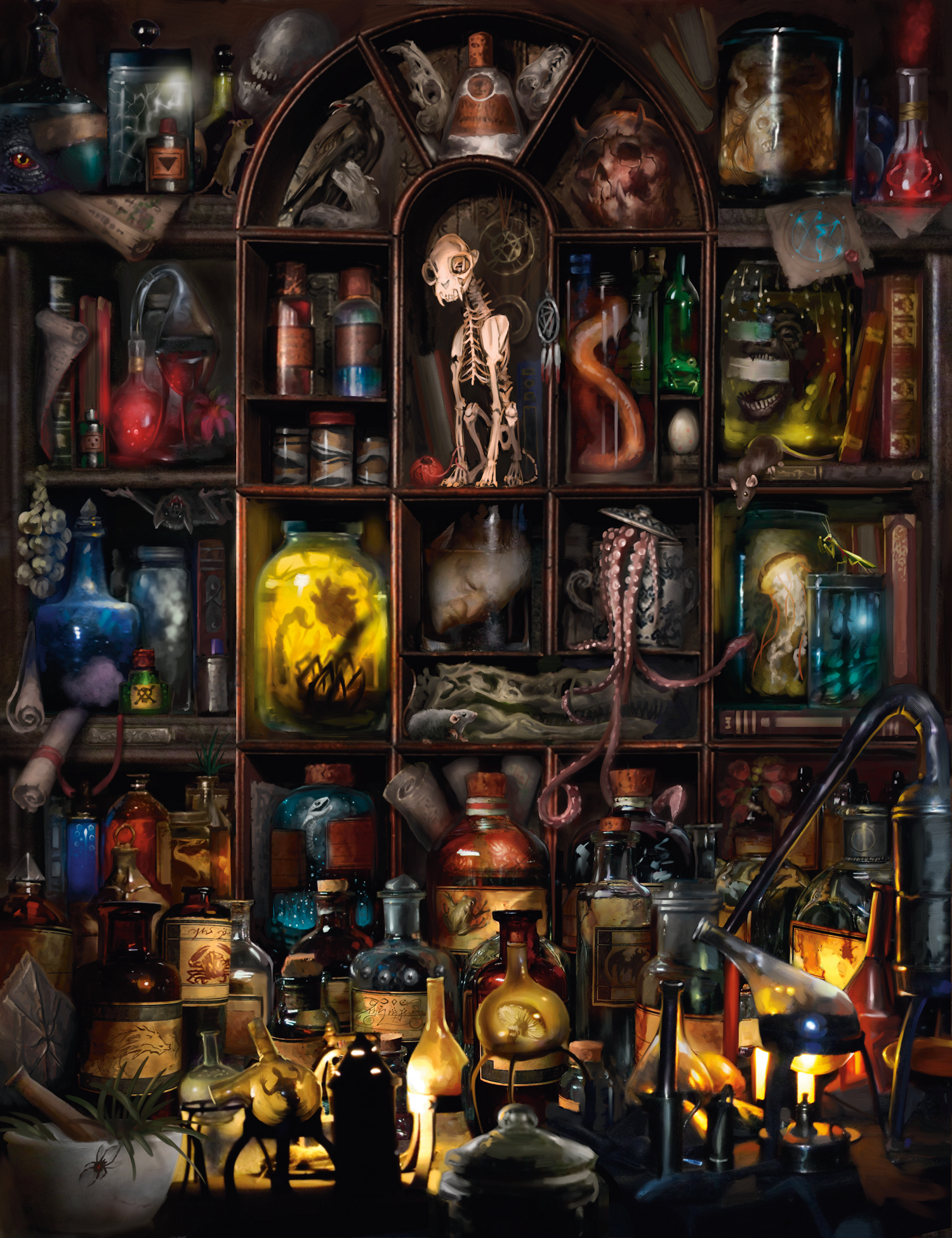
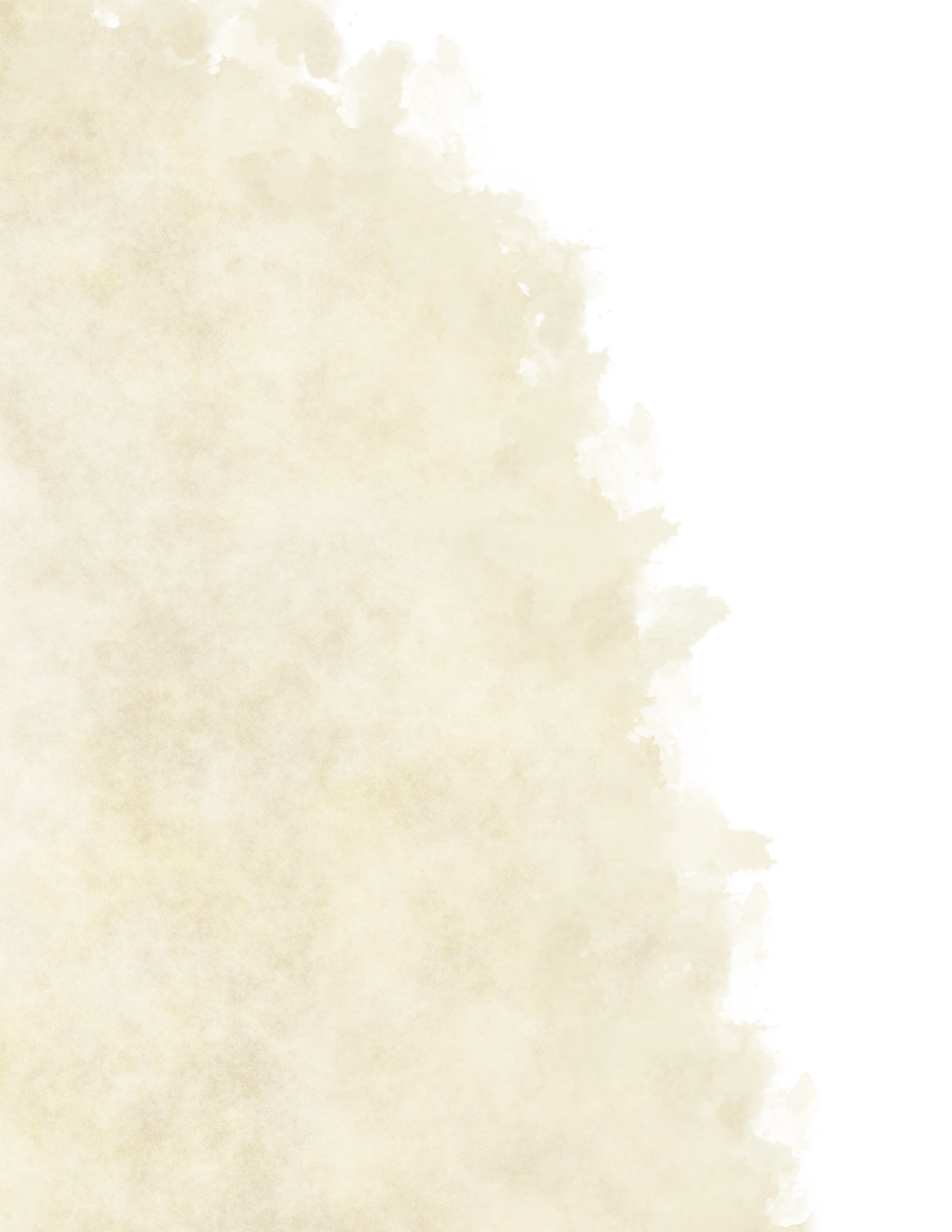
Size DC Modifiers:
| Size | Bonus |
|---|---|
| Tiny | +4 |
| Small | +0 |
| Medium | +0 |
| Large | +1 |
| Huge | +2 |
| Gargantuan | +4 |
Size Yield Modifiers:
| Size | Bonus |
|---|---|
| Large | +1 |
| Huge | +d4 |
| Gargantuan | +2d4 |
Gathering Guideline for Shop Potions
DC and Yield for Potions In Shop
| Potion of | Ingredient | DC | Units |
|---|---|---|---|
| Climbing | Giant spider silk | 9 | 1d4 |
| Animal Friendship | Satyr wine | - | 1 |
| Growth | Ogre Blood | 11 | 1d4+1 |
| Heroism | Werebear fangs | 13 | 1d4 |
| Flying | Roc Pinion | 20 | 3d4 |
| Speed | Demilich Dust Quickling Hair | 20 13 | 1d4 . 1 |
| Cloud Giant Strength | Cloud Giant Blood | 18 | 2d4 |
| Healing | Exotic Herbs | 10 | 1d4 |
| Greater Healing | Troll heart | 14 | 1d4+1 |
| Superior Healing | Hydra heart | 18 | 2d4 |
| Supreme Healing | Mummy Lord Wrappings | 16 | 1d4 |
Creative Player Solutions
DM Typo: "Ok, the prophet downs the drink. What's in it?"
Jakv1: "Philter of Love"
DM Typo: "Oh god..."
And so the one and only successful assassination was pulled off by use of hat of disguise and philter of love.


Chapter 5: The Map and Zones
Toto, I've a feeling we're not in Kansas anymore.' - Dorothy, The Wizard of Oz.
Link to the DM trello map can be found in the #maps channel under the DM Screen tab in Discord. Any current information can be found within that chat. \pagebreakNum
Chapter 6: FAQ
Question 1
When is the DM guide going to be finished?
Answer
No one knows.
Question 2
How much I should give out XP and gold?
Answer
This will vary a lot depending what is happening during the quest, but these are rough estimates that you could expect to see per character for the first two level ranges:
| Level Range | XP | Gold |
|---|---|---|
| 3-4 | 700 - 1000 | 150 gp |
| 5-8 | 1500 - 3000 | 300 gp |
Black Pete
Come hear the story- The Hunt for Black Pete,
And about the brave folk who set on his trail.
A dastardly man who sold slaves full-scale,
The poor mother told of who they must defeat-
“He’s a pirate,” she said, “oh what a cheat.
Through forest you’ll go, for it seems you lack sail.”
Through forest indeed, calm without gale,
An Ent they met, not bound by rooted feet.
Pete’s Gang hid in a church on a large hill,
And with shattered spells secret doors lay agape,
Their insides left to test those with the will.
Through guards many- their bodies soon reshaped,
The final chase was one of great thrill, but
In the end Black Pete managed to escape.
The chase is not done;
Pete is still on the run.
- From the writings of Holgar Dimun
Appendix A - Server Links
Avrae - D&D 5e utility bot
- Avrae Tutorial - run !intro in the #general_bot
- Avrae Commands
- Avrae Development Alias List
- Nadizak's Amazing Alias List
Character Sheets
-
Google Sheets Character Sheet - make a copy of this in your own Google Drive folder and refer to the "?" tab to answer most questions.
If you need any help feel free to ping @Helper in the #questions channel.
Server Documents
Additional links
Few additional links can only be found in the pinned messages of the #dm-discussions channels pinned messages. These links will let you access the databases for character used on the server and DM feedback.
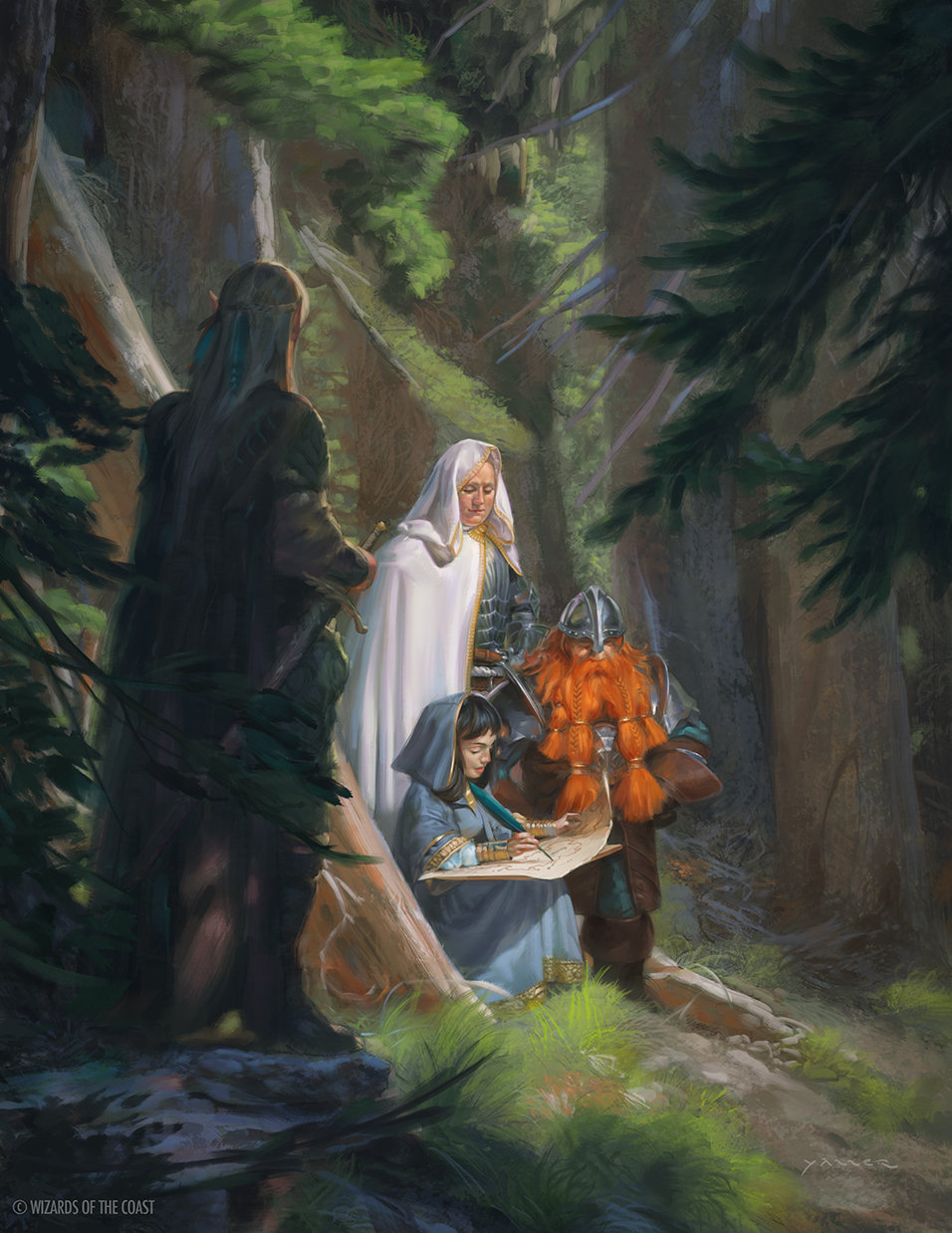

Appendix B - DM Resources
Battle Maps
Magic Items
- Reskinning magic items
- Nerzugal's Dungeon Master Toolkit
- Weak Magic Items for 5e
- Donjon D&D 5e Random Generator
- D&D Beyond Homebrew Magic Items
- Loottavern Homebrew Magic Items
Rumors At The Yeti
Karann, Sheridan, Reginald, Abarid, Gregarious, and Jaya left to bring back the missing men of Farwater back home after several women reported their menfolk missing. Word had spread after the return of only three party members that something terrible had happened. Talk of deathlocks, spectres, and a demonic knight riding a nightmare filled the Yeti.
A few frequent patrons of the Yeti claimed to overhear a conversation between the gold dragonborn Karann and two other adventurers. The patrons claimed that the adventurers had discovered the location of the lost men, and had even saved one. But once they had entered the cave and fought a few undead. Things started to go wrong. Undead throwing fireball spells began to appear, while the party managed to silence a few, and forced others to retreat, they had not been prepared for what lay in wait for them further inside the cave.
More of the rumored deathlocks lay in wait and attacked the party as one, Gregarious Pentarious was the first to drop, then was attacked by spectres. Abarid had moved his body out of the main fight, then rejoined the fray only to get caught in blasts of fireballs and the appearance of a demonic knight, who let out such a piercing scream that it sent shivers of fear through ever party member, riding a nightmare. The knight swiftly engaged Abarid and knocked him down. Karann had tried to reach him, but the volleys of fireballs never stopped until she too, was knocked out.
From what she had been told by Regi and Sheridan. Reginald had grabbed Karann and used a dimension door to escape the cave, knowing staying and fighting meant certain death for all. Sheridan had attempted to reach Abarid but the massive nightmare, demon knight, and Abarid's sheer size, made grabbing his body impossible. The three members had retreated with the one man in tow, the only survivor of the thirty men kidnapped .The mission had failed...and treasured life had been lost.
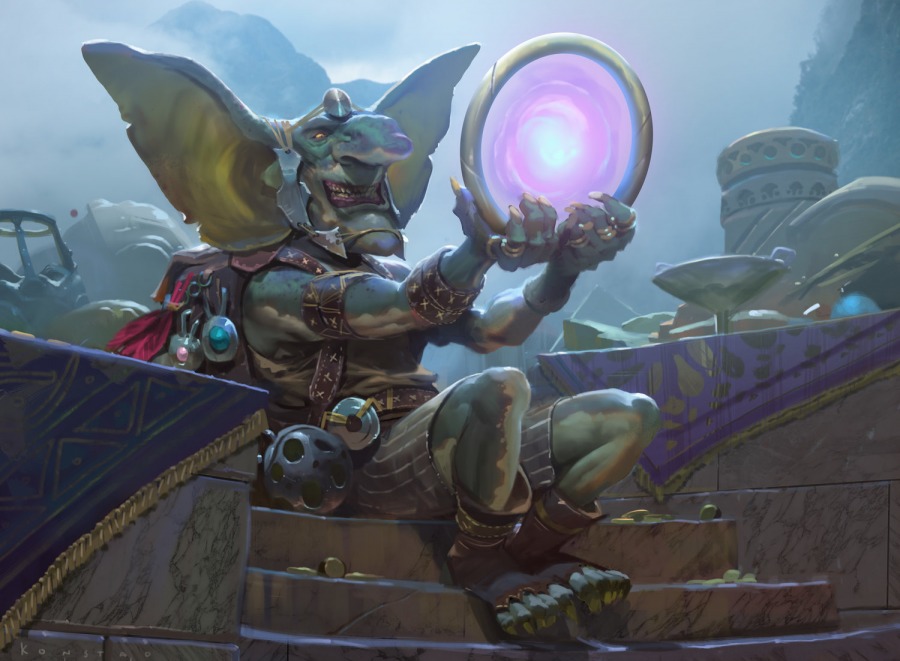
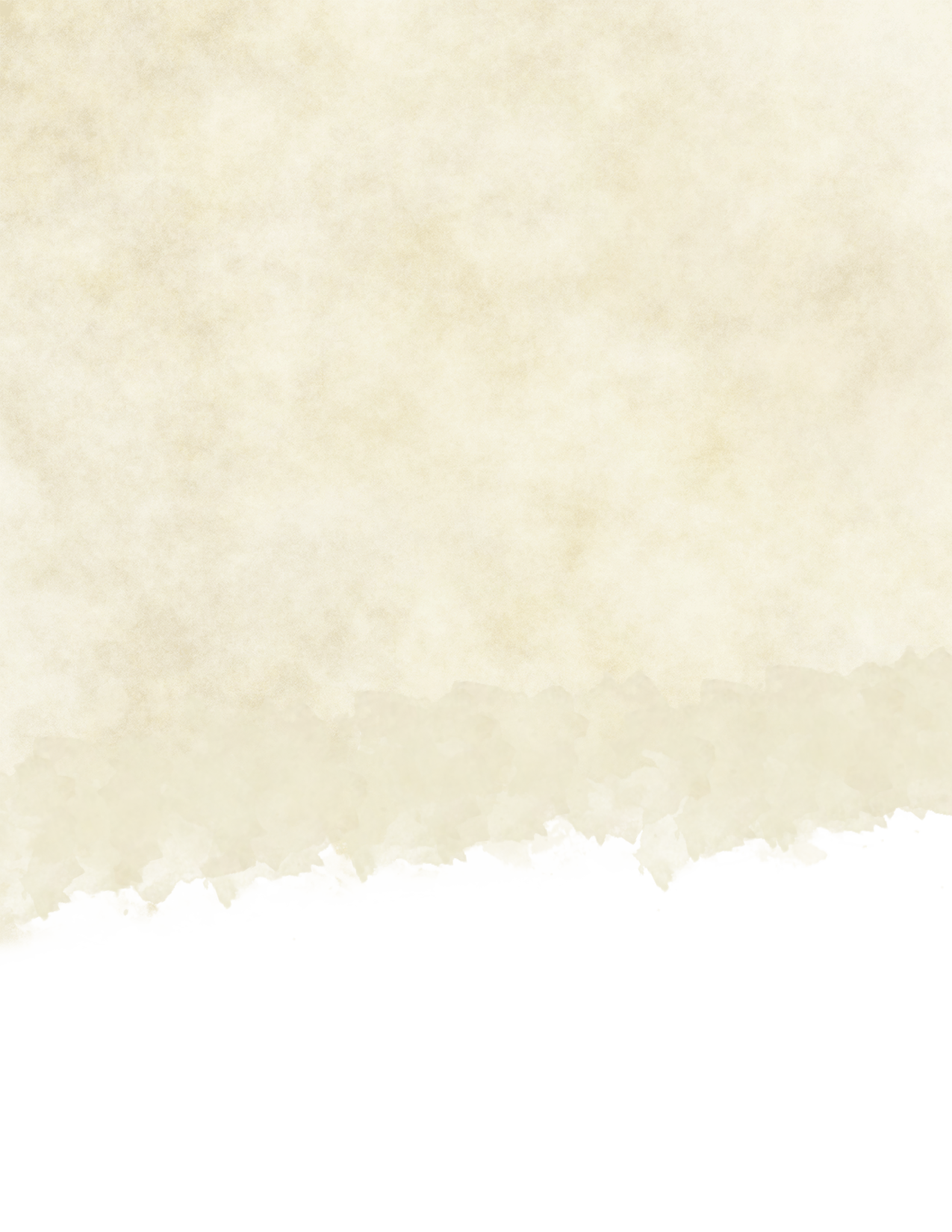
Appendix C - Example Homebrew
Spells
Mizzium Mortars
2th-level Evocation
Casting Time: 1 action
Range: 60 feet
Components: V, S
Duration: Instantaneous
You hurl a hail of molten projectiles at a creature or object within range. Make a ranged spell attack against the target. On a hit, the target takes 4d6 fire damage. A flammable object hit by this spell ignites if it isn't being worn or carried.
Overload. When you cast this spell using a spell slot of 6th level or higher. Make a ranged spell attack against each non-allied target within range.
Art from Return to Ravnica by Noah Bradley
Items
Valkmira, Protector's Shield
Shield, very rare (requires attunement by a cleric or a paladin), Major tier
While you hold this shield, it creates an aura in a 10-foot radius around you. You and all creatures friendly to you in the aura gain the following benefits.
- Damage that you take is reduced by 3.
- Whenever you become the target of a spell, You may cause the spell to fail and to have no effect unless the caster uses an additional 1st level or greater spell slot. You are affected by spells with an area of effect as normal.
If you have 17 or more levels in the paladin class, the radius of the aura increases to 30 feet.
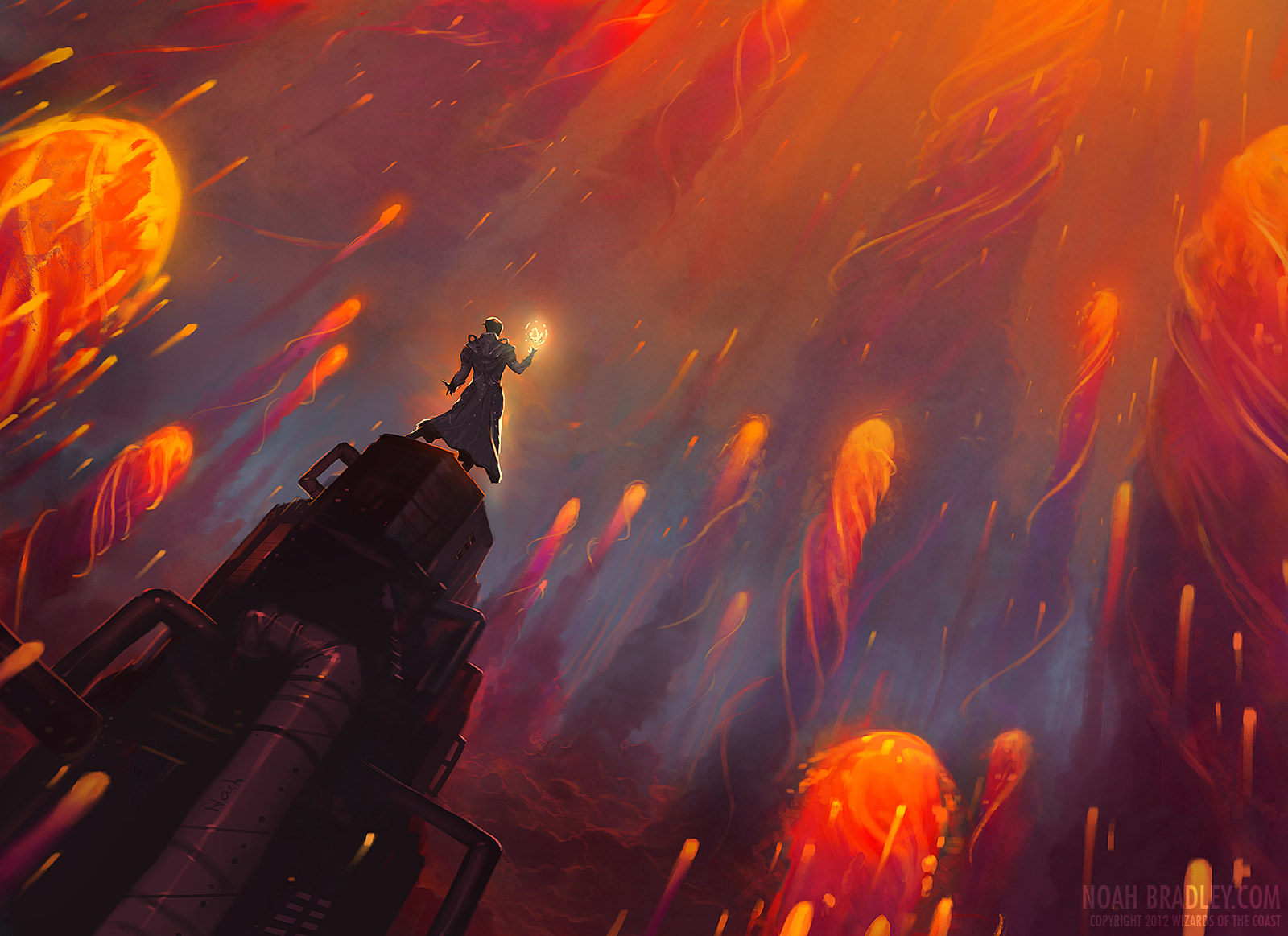

Appendix D - Past Organizer Rulings

Colvillian
West
Marches
Last Updated
April, 2021
Art Credits
Leather Texture: Texture Palace - Link
Wizards of the Coast
- Dungeons & Dragons Artwork
- Magic the Gathering Artwork
- Used under the Wizards of the Coast's Fan Content Policy and Dungeons & Dragons Systems Reference Document
Komika Et Komishi
- Twitter @RobustaArt
- Instagram @RobustaArt
- Used for Non-commercial Purposes